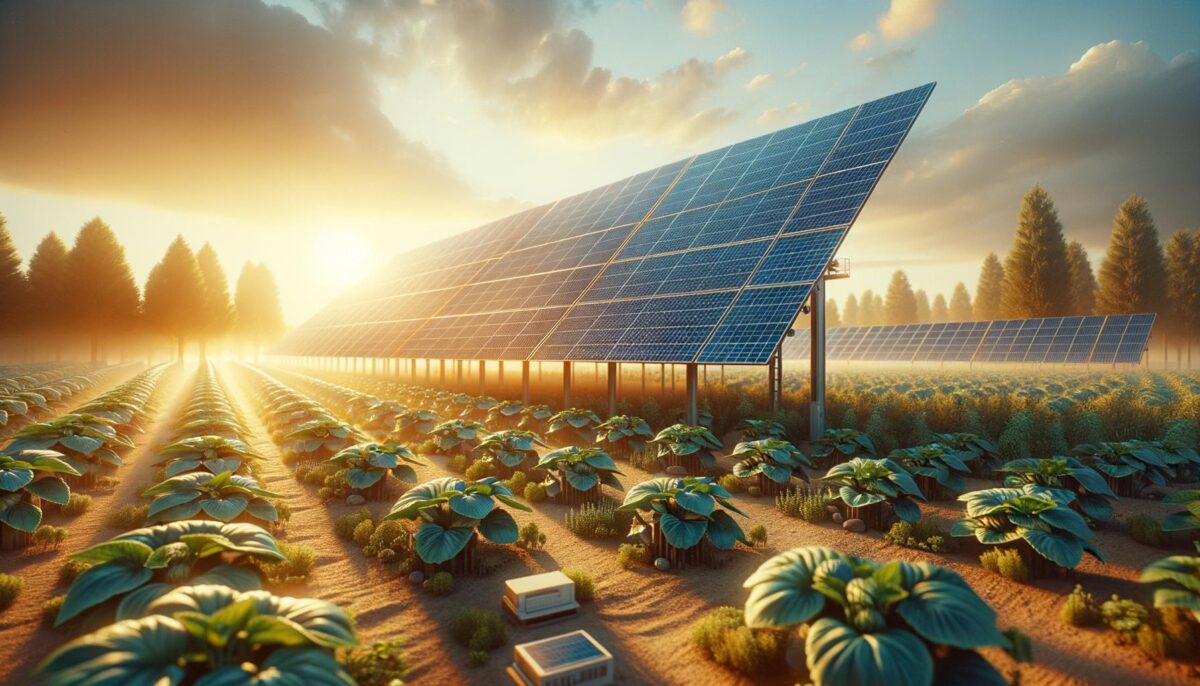The Rise of Solar Panels in Modern Homes
As the world moves towards renewable energy solutions, solar panels have emerged as one of the top options for residential power. Solar panels for home use have seen a surge in popularity due to their ability to reduce electricity bills and their environmental benefits. By harnessing the sun’s energy, solar panels convert sunlight into electrical energy, providing a clean and abundant power source. Homeowners are increasingly recognizing the long-term savings and positive impact on the planet, making solar panel systems a well-regarded choice for modern homes.
Understanding Solar Panel Systems
A solar panel system typically consists of multiple solar panels, an inverter, a battery (for some systems), and a monitoring system. This set-up allows for the efficient conversion and management of solar energy.
- Solar Panels: These are the primary components that capture sunlight and convert it into electrical energy.
- Inverter: Converts the direct current (DC) electricity from the panels into alternating current (AC) electricity, which is what most home appliances use.
- Batteries: Used to store excess energy for use when sunlight is not available, like during nights or cloudy days.
- Monitoring system: Tracks energy production and usage, helping homeowners manage their power consumption efficiently.
Understanding these components can help in selecting the right solar panels kits and designing a solar panel system that meets individual energy needs.
Benefits of Solar Panels for Home
Solar panels for home offer numerous benefits that go beyond just environmental advantages. Firstly, they provide a significant reduction in electricity costs. Once installed, solar panels can generate electricity for decades with minimal maintenance expenses, allowing homeowners to save money that would otherwise go to utility companies. Moreover, solar panels increase home value, making properties more attractive to potential buyers. Homes equipped with solar panel systems are often seen as energy-efficient and future-ready, appealing to environmentally conscious consumers. Furthermore, government incentives and tax credits often make the initial investment in solar panels more accessible and economical.
Choosing the Right Solar Panels Kits
When selecting solar panels kits, some key factors need consideration to ensure the system aligns with energy needs and budget constraints. The efficiency of the panels, the durability of the materials, and the warranty offered by the manufacturer are crucial aspects to evaluate. High-quality kits often come with advanced technology that enhances energy capture and durability through various weather conditions. Additionally, professional installation services should be considered to ensure that the solar panel system operates correctly and maximizes its energy production capacity. Consulting with a solar energy expert can also help homeowners make informed decisions about the most suitable options.
The Future of Solar Energy
As technology advances, the efficiency of solar panels continues to improve, with many systems now capable of generating higher electricity outputs than ever before. Research and development in the field are focused on creating more efficient and affordable solar solutions, making the transition to renewable energy even more accessible. The global shift towards sustainable living is likely to increase the demand for solar panels, driving further innovation and price reductions. With ongoing developments, solar energy is poised to play a pivotal role in reducing fossil fuel dependency and contributing to a greener future.
Conclusion: Embracing Solar Energy for a Sustainable Future
Solar panels present a compelling opportunity for homeowners committed to sustainability and seeking to reduce their carbon footprints. While the initial costs may seem substantial, the long-term benefits, both financial and environmental, are substantial. By investing in solar panel systems today, homeowners can enjoy clean, renewable energy for years while supporting the broader societal shift towards sustainable energy solutions.
